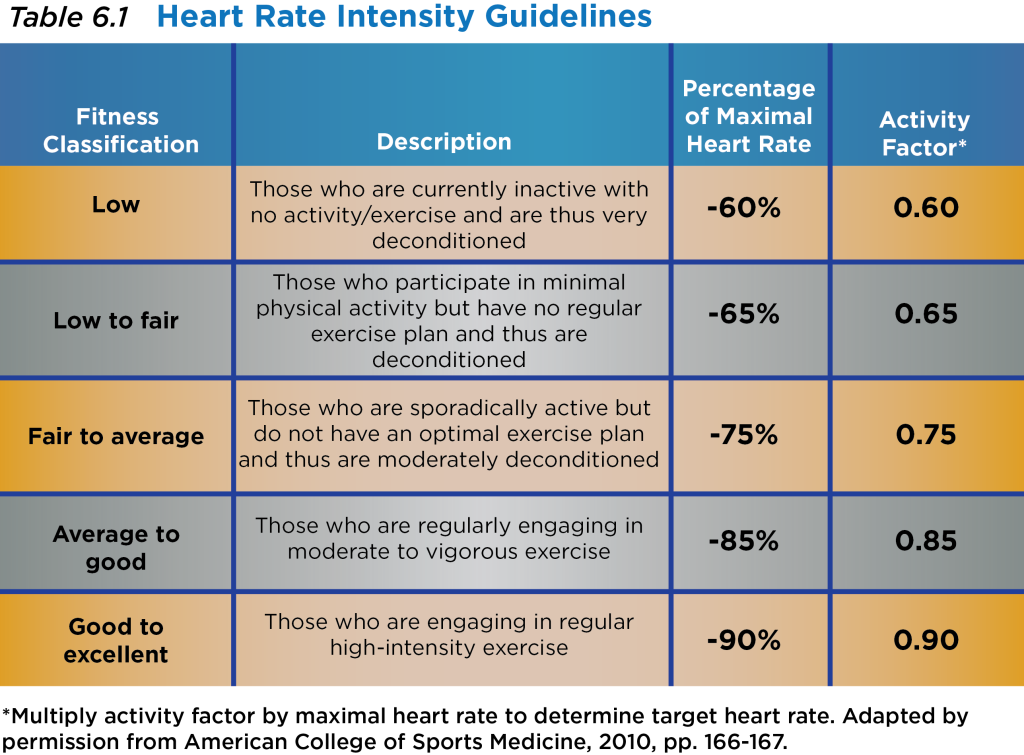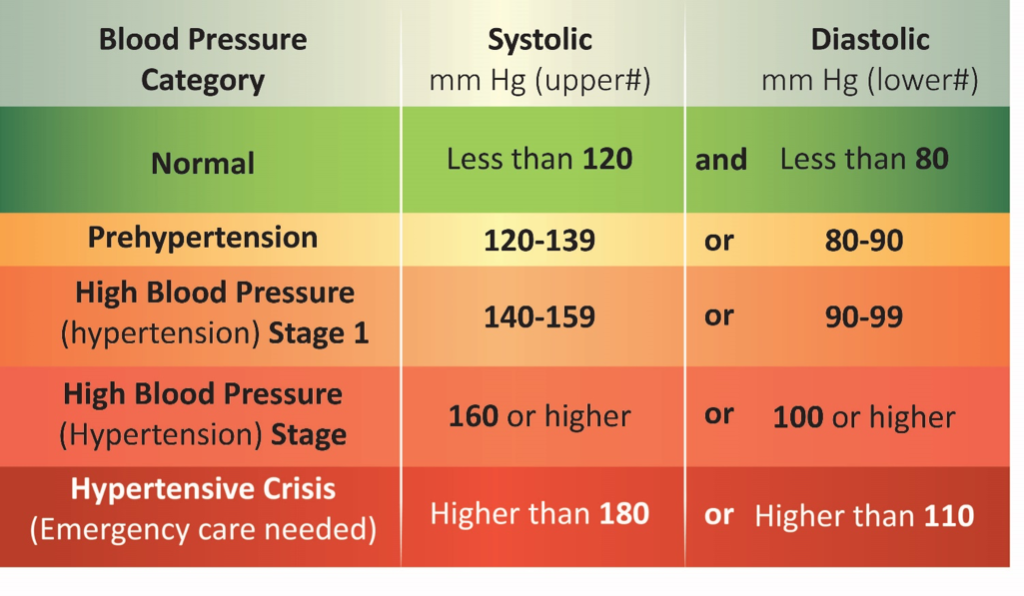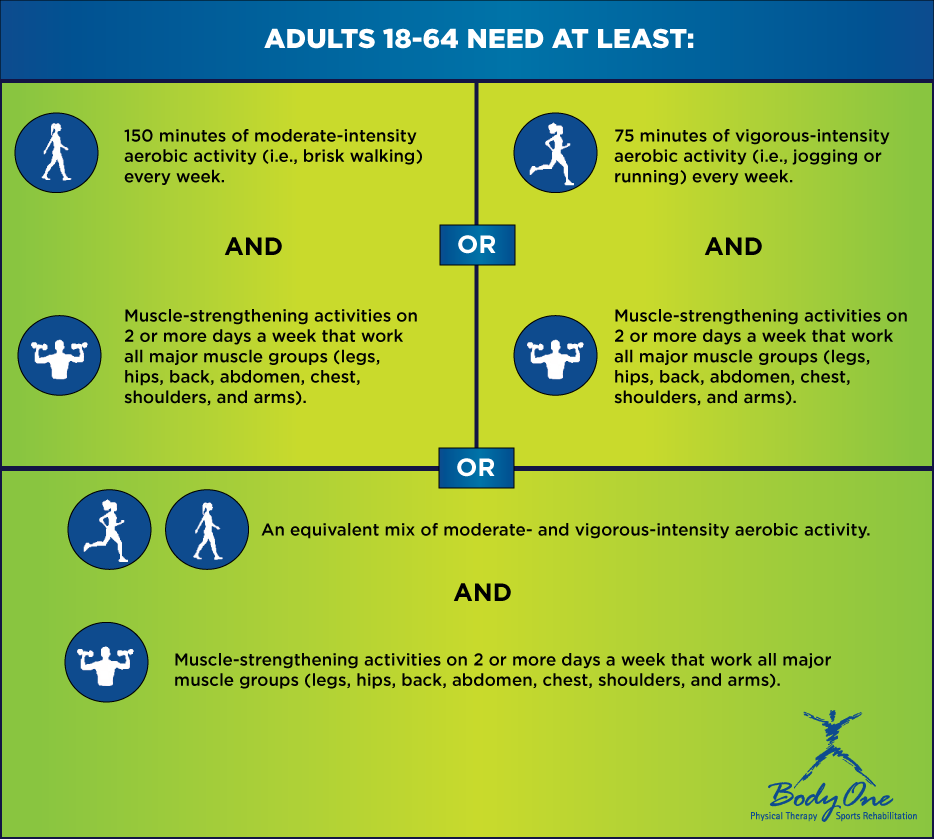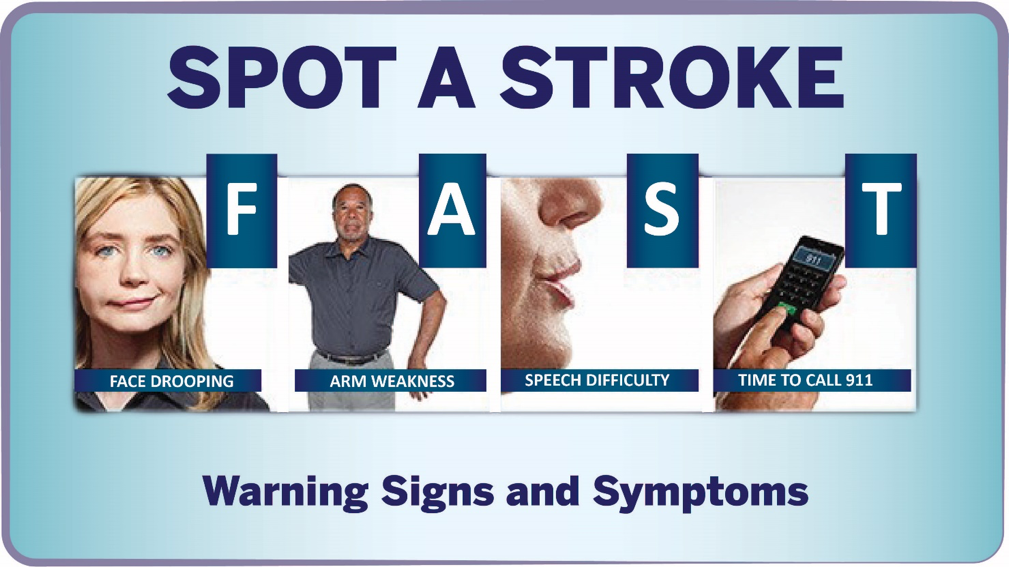
29 Feb Movement Matters: Heart Matters
February is Heart Month, a time to celebrate both our love on Valentine’s Day, increasing our awareness of heart-healthy lifestyle choices, and an opportunity to consider supporting the American Heart Association and other agencies that promote improving life through healthy heart choices.
For all too many of us, Heart Month is also a reminder of loved ones we have lost to heart disease. For me personally, it is a reminder of the loss of my dad to heart disease 22 years ago this month. As a tribute to those we have lost to heart disease and stroke, I felt that this was a good time to remind you of six things you should be aware of in order to celebrate heart health all year round.
Know your target heart rate:
For most individuals, the following formula is sufficient for calculating your theoretical maximum heart rate: 220-(age)=maximum heart rate. Knowing your maximal heart rate allows you to apply the following information to your exercise endeavors.
Exceptions exist for young children, those with known cardiovascular disease, medication utilization, and for some individuals who are very highly trained or significantly deconditioned. Contact your primary care physician, internest, or cardiologist for case-specific exceptions.
Know your blood pressure:
Understanding your blood pressure is an important step towards understanding your risk for heart disease and stroke. Below are the generally accepted levels of risk associated with increasing blood pressure, taken from the American Heart Association. (www.Heart.org) Blood pressure over 120/80 create an increasing level of risk for heart attack, stroke, kidney disease, and vision loss.
Know your risk factors for cardiovascular disease
While the bad news is you are born with certain genetic risks for cardiovascular disease, the good news is that many of the factors are modifiable, and in your control. Below are the risk factors for cardiovascular disease, as described by the American College of Sports Medicine (www.ACSM.org)
- Age (men >45; women>55)
- Family History of cardiovascular disease in men <55; women < 65 y.o.
- Cigarette Smoking or have quit <6 months ago
- Sedentary Lifestyle; not participating in vigorous activity 3 days a week for last 3 months
- Obesity
- High Blood Pressure greater than 140/90, or on medication
- High Cholesterol
- Diabetes or pre-diabetic.
Know the minimal exercise dose for maintaining and improving cardiovascular health
The Centers for Disease Control and Prevention have compiled the following recommendations for minimal physical fitness activities each weak to maintain and improve cardiovascular health.
Know the signs of a heart attack
The American Heart Association notes that the following warning signs of a heart attack should be noted, and when noticed should prompt a call to 911.
- Chest discomfort. Most heart attacks involve discomfort in the center of the chest that lasts more than a few minutes, or that goes away and comes back. It can feel like uncomfortable pressure, squeezing, fullness or pain.
- Discomfort in other areas of the upper body. Symptoms can include pain or discomfort in one or both arms, the back, neck, jaw or stomach.
- Shortness of breath with or without chest discomfort.
- Other signs may include breaking out in a cold sweat, nausea or lightheadedness.
Know the signs of stroke
The American Heart Association has developed the acronym FAST to remind us of the signs of stroke and the appropriate response:
Despite the current level of information that exists to equip us in maintaining our heart health, widespread adoption and implementation of these guidelines is far below what it could be. Join me in personally committing to improve your heart health, and the heart health of your family and friends. Our primary mission at Body One is to improve the musculoskeletal health of the residents of Central Indiana, but without a heart, we don’t stand a chance! If we can in any way assist in restoring mobility, balance, or strength, or perhaps alleviate pain to allow you to move towards better heart health, please contact us.
In good health,
Brian









